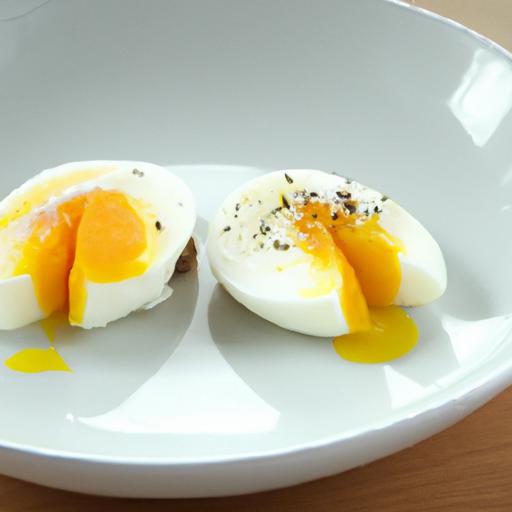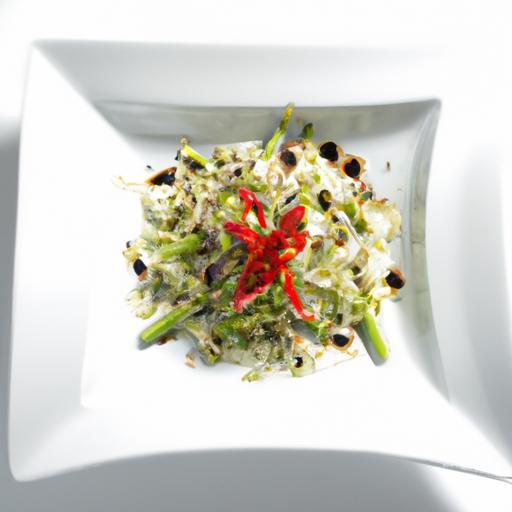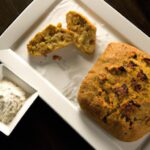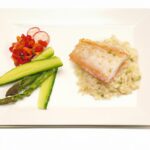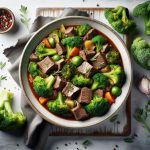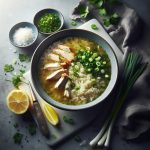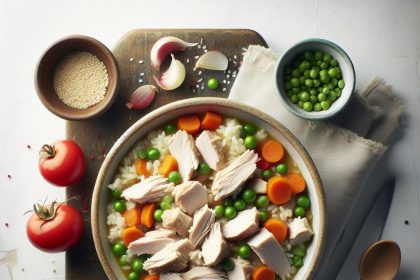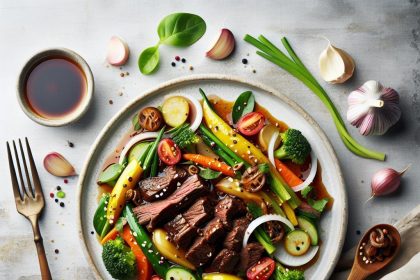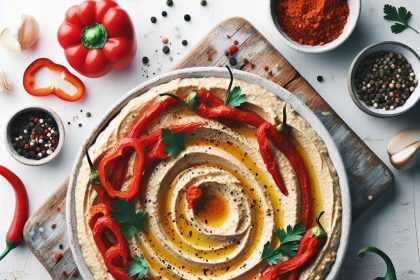There’s a humble kitchen secret that transforms the simple elegance of a poached egg into a culinary masterpiece-and it’s hiding in your pantry. Vinegar, often overlooked as just a salad dressing staple, holds the key to achieving those silky whites that cradle golden yolks with delicate perfection. But what’s the science behind this magical ingredient? In this article, we’ll crack open the chemistry of poaching eggs, exploring how vinegar’s unique properties help create flawless, restaurant-quality results every time. Prepare to elevate your breakfast game with a splash of science and a drop of vinegar magic. That is an extensive and fascinating list covering nearly every aspect of flavor science, food chemistry, sensory perception, cooking techniques, and culinary myths! How would you like me to assist you with this? For example, I can:
– Provide detailed explanations on any specific topics from your list.
– Summarize key concepts around flavor and taste science.
– Suggest experiments or practical kitchen tips related to these topics.
– Debunk or confirm food science myths from your list.
– Help organize this data into categories or a study guide.
– Create Q&A style content or flashcards for learning.
Please let me know which specific topics or questions you’d like to explore or if you want an overview of the science of flavor and taste.
Q&A
Q&A: Vinegar Magic – Perfecting Poached Eggs with Science
Q1: Why is vinegar often recommended when poaching eggs?
A: Vinegar works like a tiny superhero in your poaching water. Its acidity helps the egg whites coagulate faster, meaning they firm up quickly around the yolk instead of spreading out into a messy cloud. Scientifically, the acid lowers the pH of the water, causing proteins in the egg white to bond more tightly and swiftly.
Q2: Does the type of vinegar matter?
A: Not really-the chemistry remains the same whether you use white distilled vinegar, apple cider vinegar, or even rice vinegar. However, some vinegars may impart a slight flavor, so if you’re aiming for a neutral taste, stick with white vinegar. The classic choice is about 1-2 teaspoons of vinegar per quart of water.
Q3: Can vinegar affect the taste or texture of poached eggs?
A: At recommended amounts, vinegar won’t overpower your eggs’ delicate flavor. Instead, it subtly enhances the texture, making the whites tender yet snugly wrapped around the yolk. Too much vinegar, however, can lead to a tangy note and rubbery egg whites, so balance is key.
Q4: Is vinegar absolutely necessary to poach eggs perfectly?
A: Not absolutely, but it’s a secret weapon for many chefs and home cooks alike. Without vinegar, egg whites tend to drift and spread in the water, producing ragged edges. Vinegar’s science-backed magic helps eggs hold a neater, prettier shape, especially when poaching multiple eggs at once.
Q5: Besides vinegar, what scientific tips ensure perfect poached eggs?
A: Great question! Start with very fresh eggs-fresher whites cling better. Use gentle simmering water, not a rolling boil, to prevent eggs from bouncing apart. Swirling the water creates a gentle vortex that helps the whites wrap around the yolk. Finally, immediate chilling in ice water stops cooking and firms the texture.
Q6: How does the science of protein coagulation relate to poaching eggs with vinegar?
A: Proteins in egg whites unfold and link together when heated-a process called coagulation. Vinegar’s acidity accelerates this by altering the proteins’ charge balance, making them stick together sooner and more tightly. This creates that picture-perfect, silky but stable poached egg.
Q7: Can vinegar magic be applied to other culinary techniques?
A: Absolutely! Vinegar’s acid helps in many cooking processes where protein texture matters, like making ceviche or firming tofu. In the world of eggs, it’s the star player in recipes requiring gentle cooking and precise texture control.
Q8: Any final tips for mastering vinegar-poached eggs?
A: Patience and practice! Use fresh eggs, add just enough vinegar, keep the water at a gentle simmer, and don’t overcrowd the pot. With these science-backed steps, poached eggs become not just a breakfast staple but a culinary triumph worthy of applause.
To Wrap It Up
As the final swirl settles and your perfectly poached egg emerges, glossy and tender, it’s clear that vinegar is more than just a kitchen staple-it’s a silent scientist orchestrating culinary magic. By understanding the chemistry behind those delicate whites firming up with its gentle acidity, you transform a simple breakfast ritual into a masterclass of precision and flavor. So next time you whisk water and vinegar together, remember: you’re not just cooking, you’re conducting a symphony of science, creating poached eggs that are as visually stunning as they are delicious. Embrace the vinegar magic, and let every morning start with eggs perfected by both nature and knowledge.